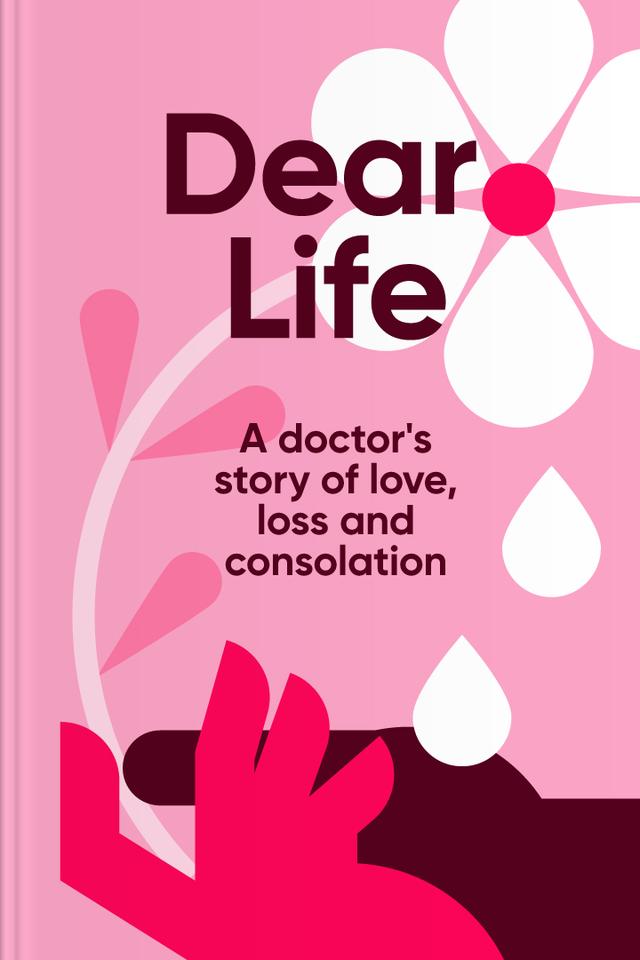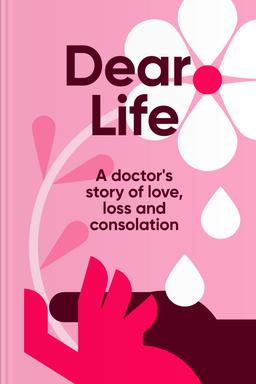You’ll learn
- How to turn fear into a powerful tool
- What dying teaches us about living deeply
- Secrets to preparing without fear
- About the emotional layers, doctors seldom show
Protect the world’s peace. Donate to support Ukraine

first KEY POINT
In this summary, you will learn about Dr. Rachel Clarke's life, her thoughts, beliefs, medical journey, successes, and failures. Today, it is possible to live an extended life, thanks to scientific advancements. Over 100 years ago, the human death rate was very high due to the limited health solutions and scientific inventions. But now, more humans believe and rely on their doctors and medical intervention.Amid these growing technologies in medicine, Dr. Rachel Clarke chose to specialize in palliative health care, a specialty that most avoid. Death hovers around palliative medicine, which is a sad, emotional, boring, and challenging experience. But Dr. Clarke made her decision and realized that the part of the hospital that allowed her to flourish as a doctor was the ward most avoided: the inpatient palliative care unit.
Unlike popular thoughts, kindness, courage, love, and tenderness are the qualities that often emanate from a person in their last days. The idea of death can be disturbing, frustrating, chaotic, messy, and almost violent with grief. Still, many often accept that death is inevitable, and they try as much as possible to enjoy the last days of their lives. Unlike what many think, dying is the essence of living a beautiful, bittersweet, and fragile life.This summary elaborates on the need to accept death as part of living and be prepared for it. The chapters in this summary further explain the job of palliative doctors as end-of-life caregivers and easers of pain in dying patients. It also discusses the dilemma of palliative health care doctors when having to influence a dying patient to accept that they are going to die.
second KEY POINT
American playwright and teacher Margaret Edson, who once worked in an oncology department, wrote a drama about cancer entitled Wit. It was shown to Dr. Clarke on her very first day at medical school.

Continue reading with Headway app
Continue readingfirst KEY POINT
second KEY POINT
third KEY POINT
fourth KEY POINT
fifth KEY POINT